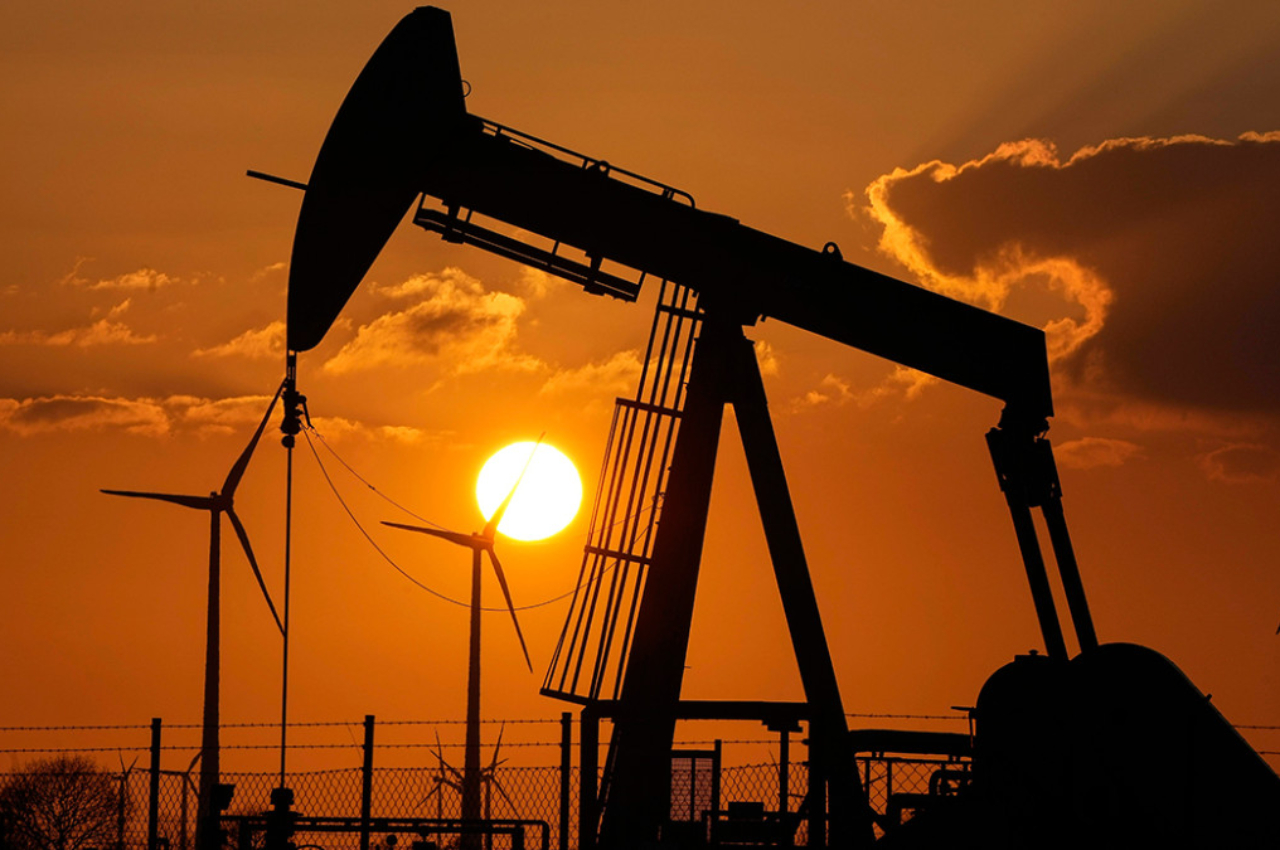New Delhi: In a recent report on the Asia Pacific (APAC) region, Moody’s Analytics predicted that global oil prices would decline to almost $70 per barrel by the end of 2024.
Noting the rise in oil prices to $120/barrel in June following Russia’s invasion of Ukraine, followed by a drop to $100/barrel in August.
Moody’s Analytic said: “This trend will continue; we expect crude prices to fall to almost $70 a barrel by the end of next year.”
“For the APAC region’s big oil importers, notably Singapore and Hong Kong, this will ease pinching price pressures,” Moody’s Analytics said.
Also Read :-M&M shares zoom all-time high after deal with Volkswagen
According to Moody’s Analytics, the impact of rising oil prices has varied across the APAC region.
“For net energy importers such as Thailand, Japan, South Korea and Singapore, household energy bills have risen sharply. But for the region’s key energy exporters, Indonesia, Malaysia and Australia, households have been more sheltered,” the report notes.
However, coal and natural gas prices have remained stubbornly high.
Also Read :-SBI files insolvency petition against Bajaj Hindustan Sugar in NCLT Allahabad bench
The APAC region’s major LNG importers, including Japan, South Korea, Taiwan, and China, are particularly vulnerable to high prices.
Similarly, with coal prices rising, major importers such as India, Pakistan, and Vietnam are paying more for what they require, according to Moody’s Analytics.
Although higher commodity prices harm households and add to global inflationary pressures, some APAC exporters benefit from the price premium.
The region’s major oil exporters are Indonesia and Malaysia. Higher crude prices have boosted each country’s export prices.
Also Read :-How INSTC corridor boost trade between India, Russia
Similarly, Australia is experiencing an export boom, with rising coal and LNG prices pushing its terms of trade to an all-time high. This benefits not only Australian mining companies, but also government revenue through company profit tax receipts and royalties.
Energy importers, such as South Korea and Japan, have seen import prices rise far faster than export prices, resulting in a collapse in their terms of trade, according to Moody’s Analytics.
Higher import costs are putting downward pressure on the region’s key currencies, exacerbating weakness caused by widening interest-rate differentials with the United States.
Read More :- Latest Business News
Click Here – Download The News 24 App













